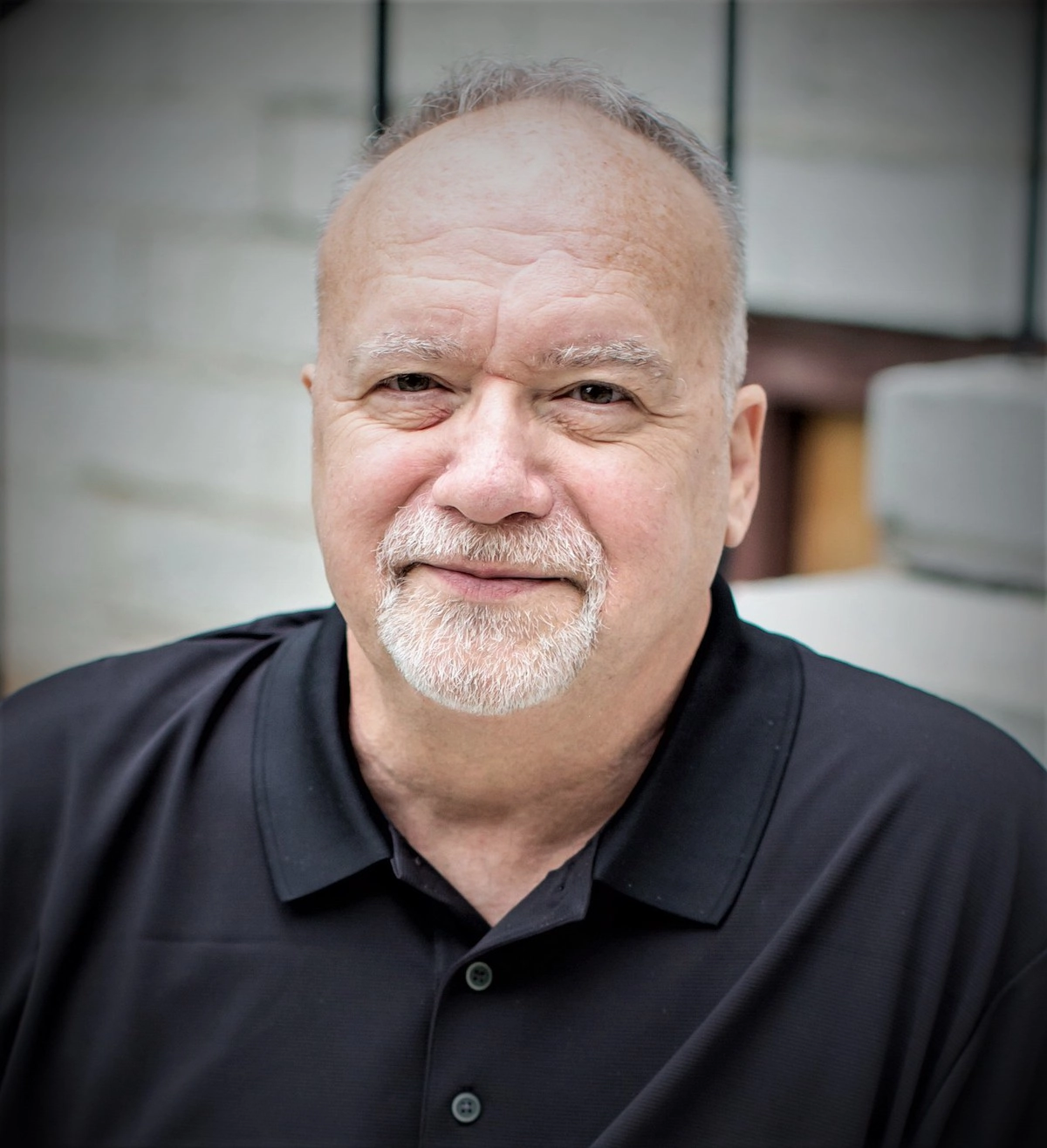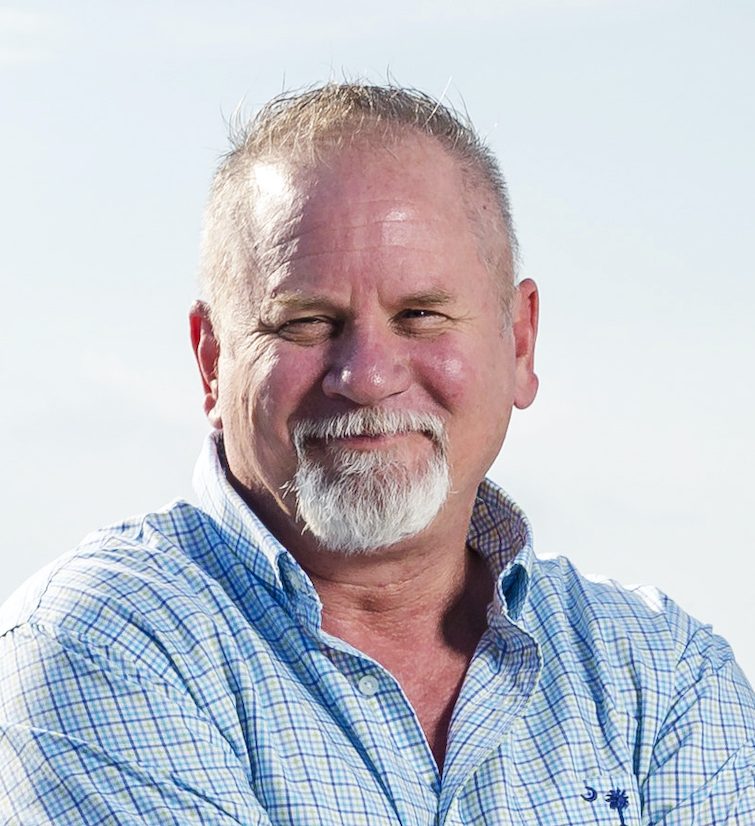The slight was uttered in such a matter-of-fact way it almost didn’t register with me. I had to watch the clip a second time:
“If you look at the statistics, African American voters are voting in just as high a percentage as Americans.”
This was Kentucky Sen. Mitch McConnell attempting to rationalize why Black voters should not worry about Democrats’ inability — so far — to pass major voting rights legislation. Never mind that the last election took place before the Republican Party set up barriers across the country aimed at limiting voting access, especially in communities where voters of color live and vote.
McConnell walked back his comments a couple days later, saying he was offended by a “blatant mischaracterization” of his words. He had inadvertently left out the word “all” in front of “Americans,” he said at a news conference. Besides, “I have had African American speech writers, schedulers, office managers over the years.”
Just because you hire Black people doesn’t mean you respect them as equals, Sen. McConnell.
This notion, however, that some people are “real” Americans and some are not is not new and is not limited to Mitch McConnell. From its beginnings, this country has regarded Black people as less than, whether we were treated as property or literally “three-fifths” a human being. The 14th Amendment superseded that definition legally, but changing laws is not the same as changing hearts and minds.
The truth is, even though being born here is enough to qualify us, Black Americans historically have done more than enough to earn the right to be called “American.”
We survived the lower-deck horrors of the Middle Passage. We taught our oppressors how to grow crops that earned them immense wealth and fueled economies that made America a world power. We gave this country distinctive music forms like blues, jazz and hip-hop. We created new cuisines. We enlisted to fight in wars to guarantee freedoms for others that were denied us the second we stepped foot back onto American soil.
We built factories where we were denied employment and homes in neighborhoods where we were not allowed to live. We watched our best and brightest, our greatest minds, our most urgent voices, be cut down before their time. We marched. We voted. We assimilated, embracing wholly what it means to be American while hanging on to traditions that tied us to our African-ness.
We strove under the promise of an American Dream often denied to us in hopes that one day that dream might pull us out of the 400-year nightmare that has been our collective experience. We have survived systemic racism and sanctioned violence designed to keep us from prospering, from owning, from building wealth we can pass down to our children.
We watch as members of other nationalities come to these shores and are embraced wholeheartedly. Even when their pigmentation is darker than ours, when their names are more exotic, these immigrants are allowed to come and go freely, to live and to thrive.
So what else do Black people have to do to earn our place? What else do we have to do to be considered “American?” To have our rights recognized without needing constant reaffirmation? To stop being challenged for exercising the most basic freedoms of life and the pursuit of happiness?
Is the answer as simple as, stop being Black? I’m happy to tell you it’s not going to happen, and America should be happy that is the case.
See, most of us still believe in this nation’s founding principles. Along with faith in whatever deity we choose to worship, this belief is part of what gives us the hope that we need to get by from day to day, to keep sending our children out into a world that seems to envy everything about them, but not them.
It’s one reason we are over-represented in the military and the service jobs we all found so “essential” when the pandemic struck.
It’s why we still go to the polling place, and not the gun store, to find mechanisms to make our voices heard.
Terry E. Manning lives and works in Savannah, Ga. He is a Clemson graduate and worked for 20 years as a journalist. He can be reached at teemanning@gmail.com.







